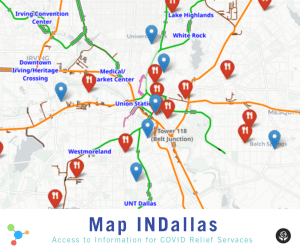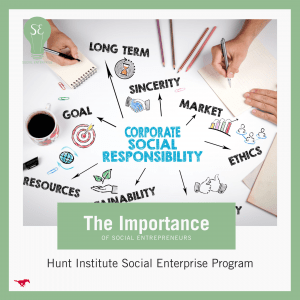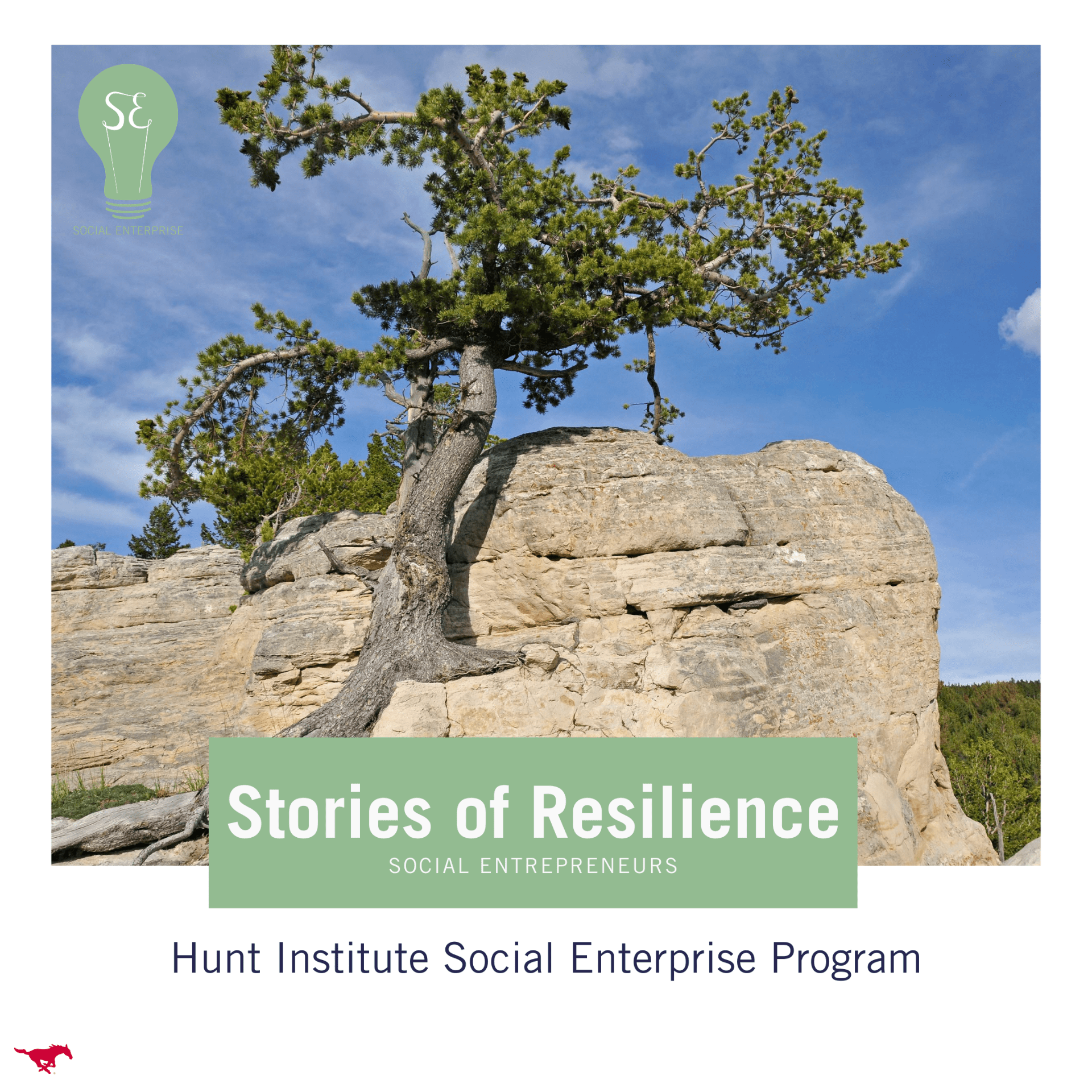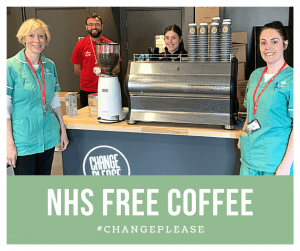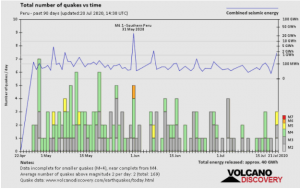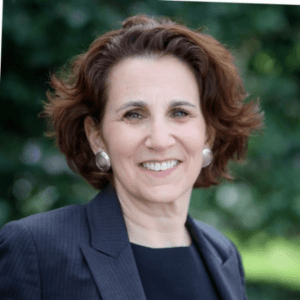In Spring of this year, the Hunt Institute’s Map 4 Good project evolved into Map InDallas, an organizational expansion that included the addition of a stakeholder Advisory Committee led by Dr. Eva Csaky and implemented with the guidance of Dr. James Olivier. Weeks later, the then-emerging COVID-19 pandemic shifted the focus to how best to use the existing plans and infrastructure to serve the Dallas community. The beta of the COVID Relief Map was launched by Map InDallas team in the middle of the Summer semester to stay true to the original goal of the project: connecting individuals in need to free service providers in the Dallas area. They continue to refine the data and help improve the categorization.
Various fellows, staff, and students have contributed to this project’s evolution but none have developed the map itself like Liam Lowsley-Williams, an undergraduate student working in web development and programming in the Hunt Institute and as a teacher’s assistant for the computer science department.
Regarding Liam’s motivation for this project, he said, “What drives my motivation is the fact that I can utilize my abilities in software engineering to make a beneficial impact on those who are suffering from COVID-19. We are certainly going through a rough time and I am proud to have the ability to do my part and give back.”
Focusing especially on the resources needed by the victims of the pandemic’s side effects, the aspiring beta COVID Relief Map seeks to helps users identify key service providers located near them like food pantries, community service locations, homeless shelters, and family counseling facilities. As the platform develops, users will be able to utilize a search function to navigate through the available resources or a filter function to limit the visible options to the specific service they are looking for. Once the user has located the service they would like to use, the COVID Relief Map will display an address and phone number to put clients in direct contact with the services they would like to use. It is projected all features of the COVID Relief Map will be functional by the end of the year.
While the map may have shifted slightly from its original conception, the team’s plans for the future remain the same. Aspiring upcoming digital features for the COVID Relief Map include search and sort based on eligibility criteria, turn by turn direction, and contact methods within the map itself. Additionally, the team is working on other mediums of the map to make it more accessible. It is currently available online, but the team hopes to have non-digital copies posted in strategic locations like public libraries and on mobile devices.
To read more about the Hunt Institute’s work to develop future-focused solutions to some of the world’s biggest problems, please click here. For the latest news on the Hunt Institute, follow our social media accounts on LinkedIn, Facebook, Twitter, and Instagram. We invite you to listen to our Podcast called Sages & Seekers. If you are considering engaging with the institute, you can donate, or sign-up for our newsletter by emailing huntinstitute@smu.edu.

